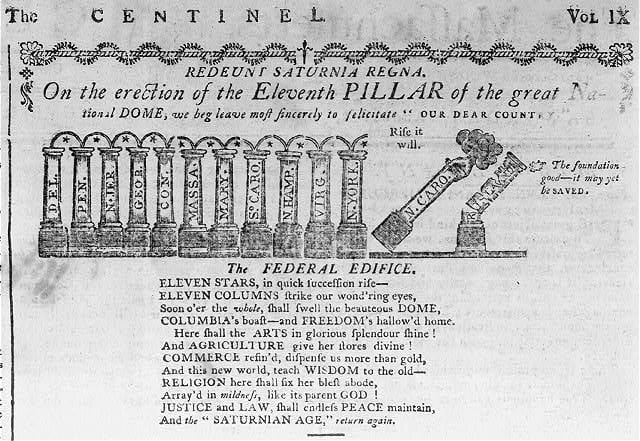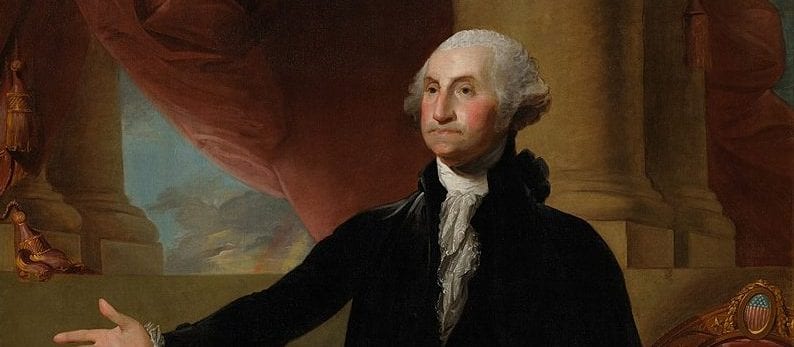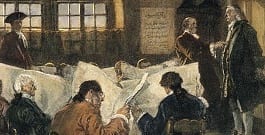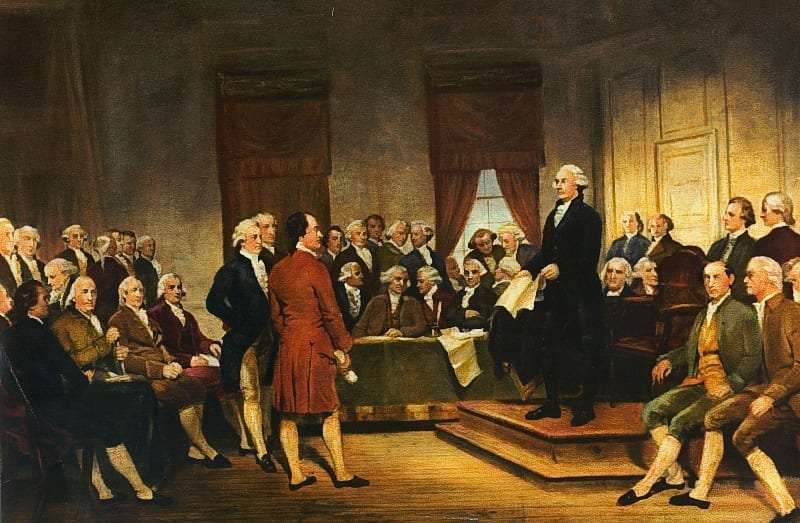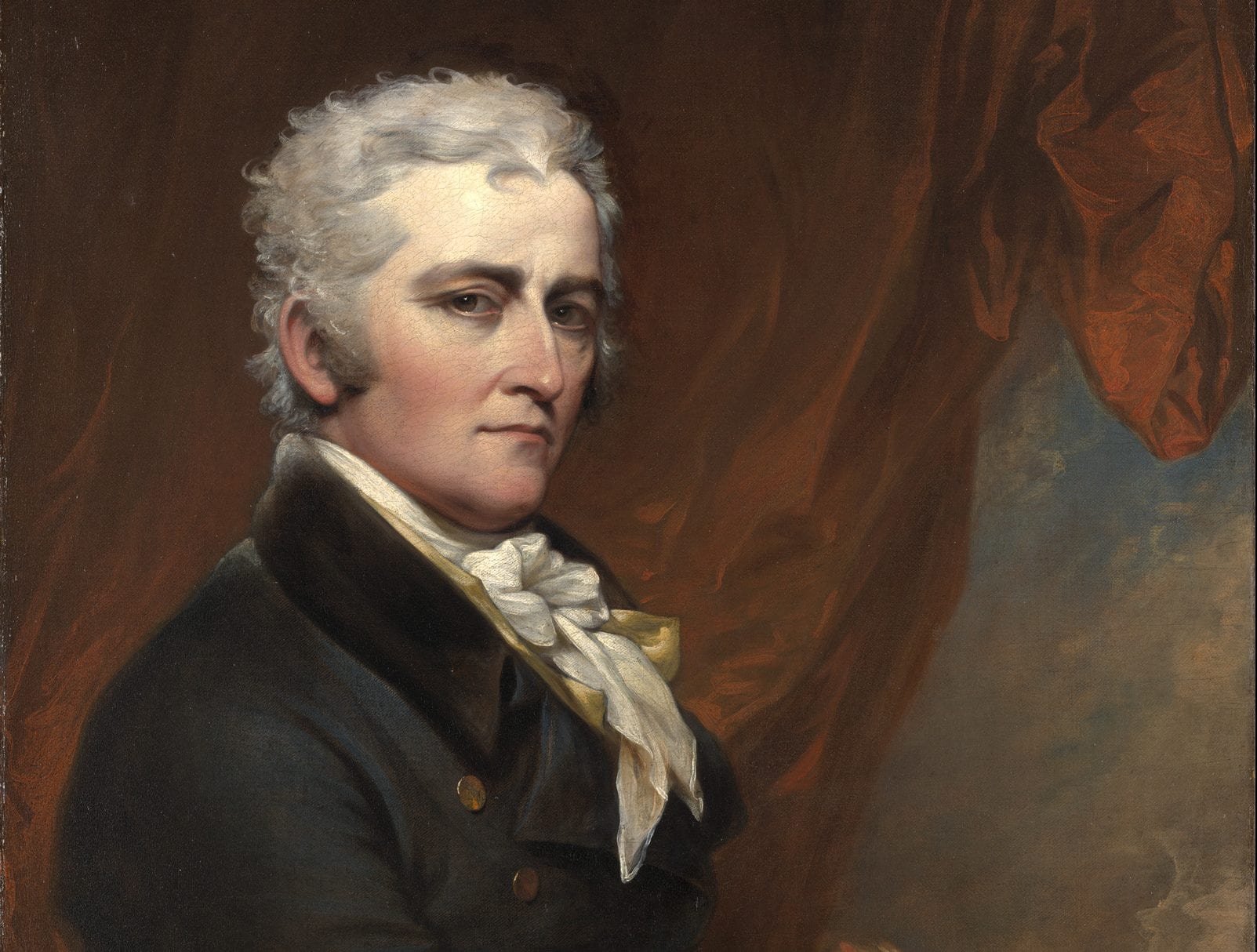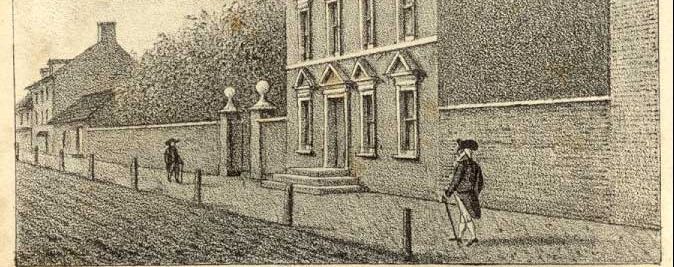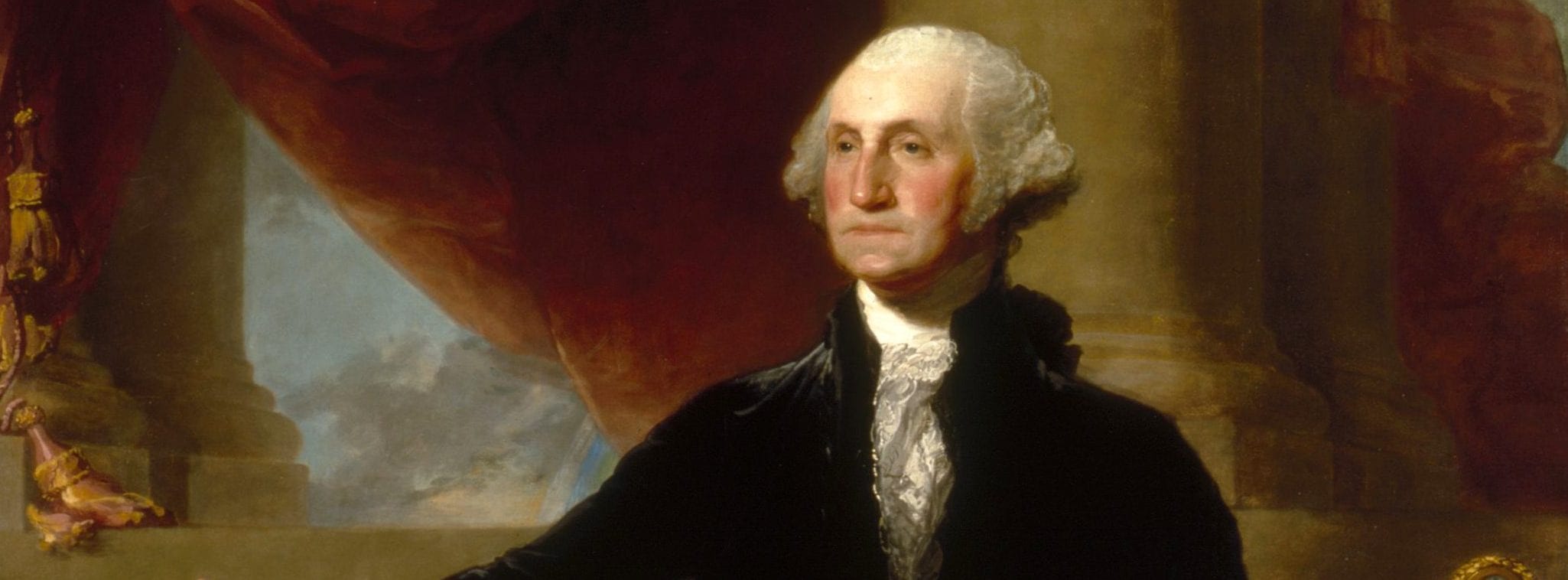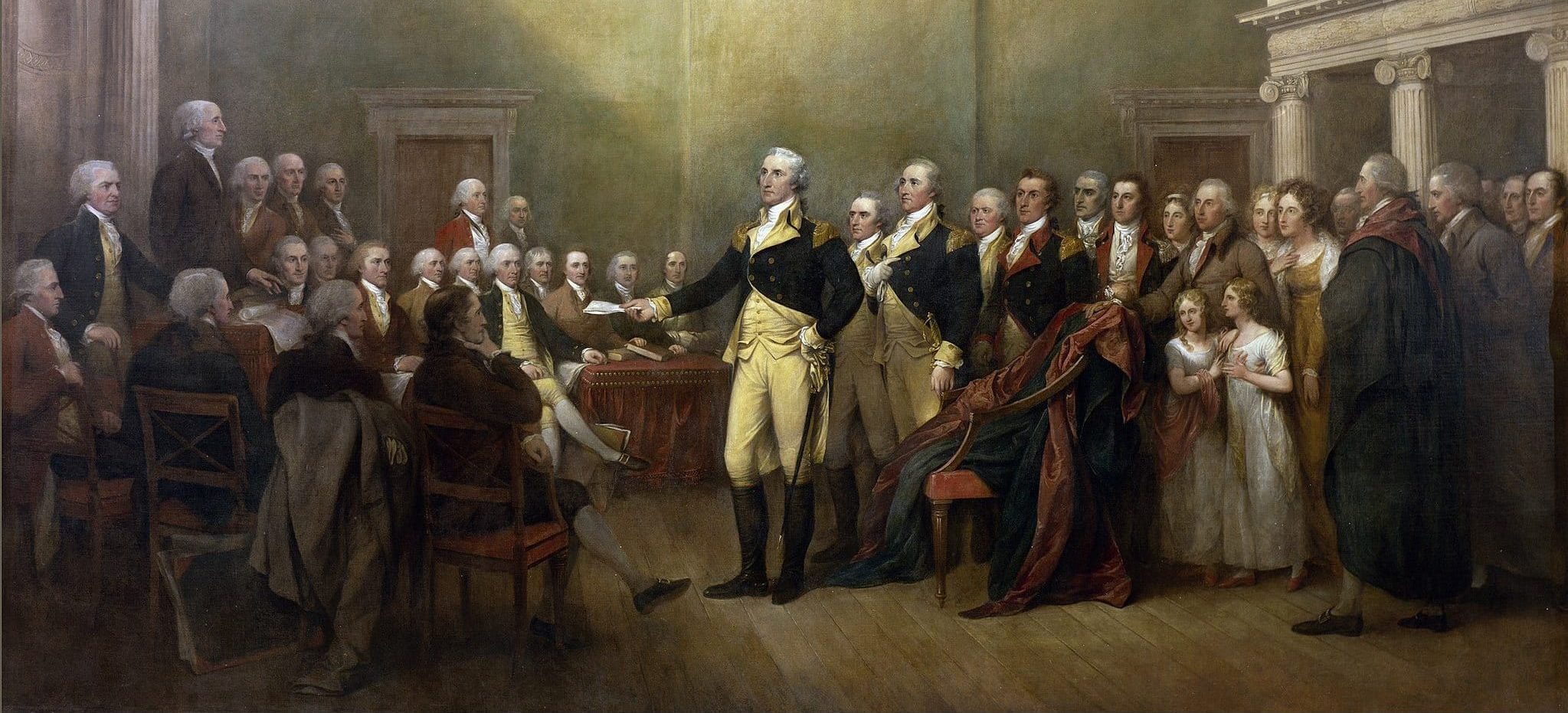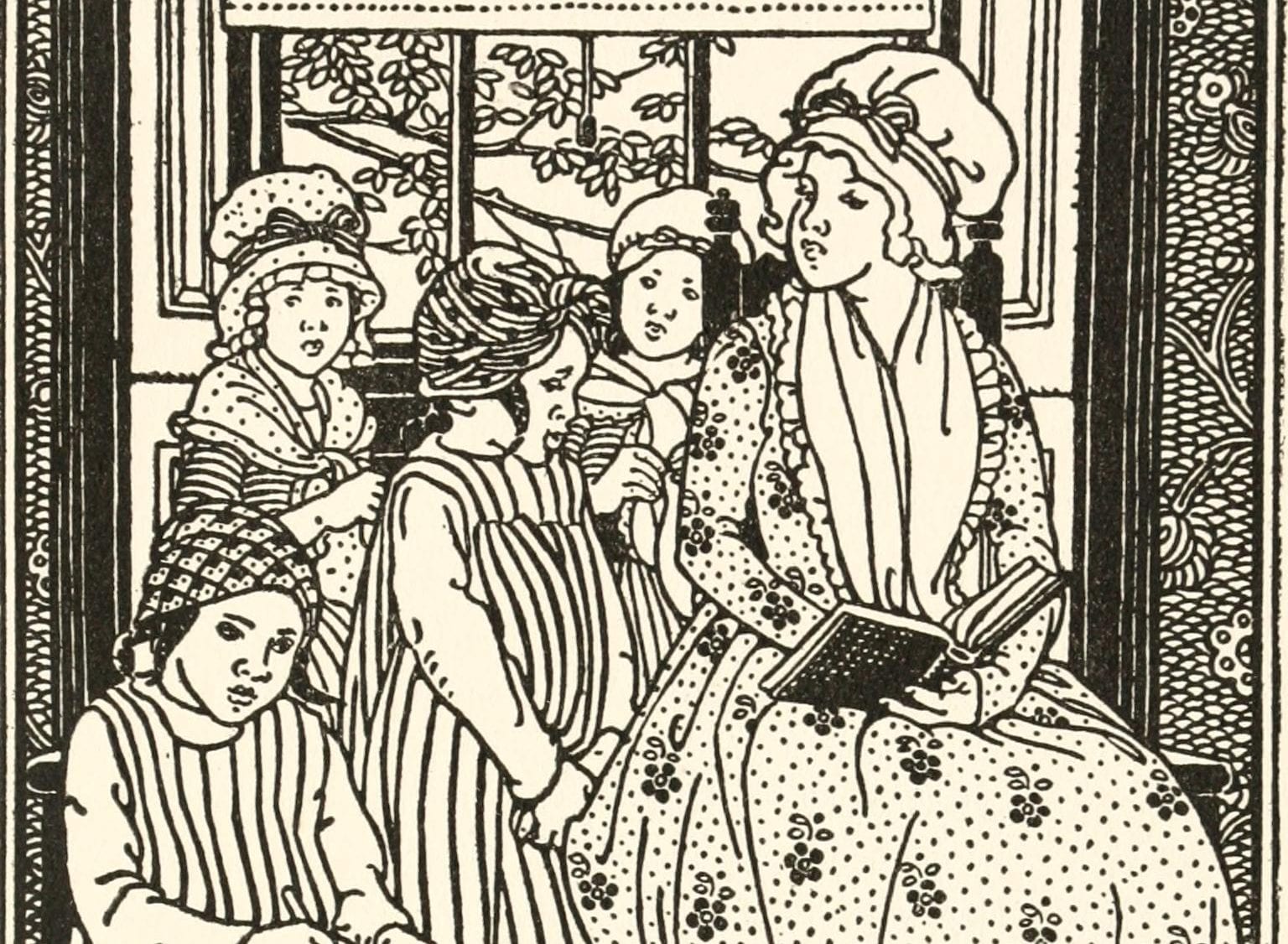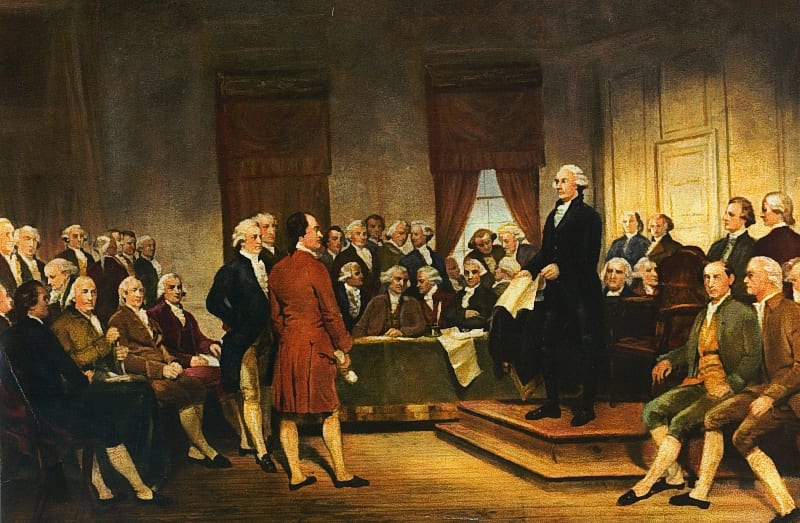To the real Patriots of America.
The history of mankind teacheth us how sudden and easy the transition is from liberty to a state of slavery. The Romans, the bravest people the world ever saw, after all their struggles and contentions, found themselves under the absolute direction of a Nero, a Caligula, a Tiberius, and a Domitian.
Governments, as they are the workmanship of man, so they partake of the, changeableness of his nature; but the changes which happen, have been more frequently from liberty to slavery, than from slavery to liberty. When once a community are fast bound in chains and in misery, there must be great efforts, and the effusion of much blood, to liberate them from their wretched condition.
America is now free-she now enjoys a greater portion of political liberty than any other country under heaven. How long she may continue so, depends entirely upon her own caution and wisdom. If she would look to herself more, and to Europe less, I am persuaded, it would tend to promote her felicity. She possesses all the advantages which characterize a rich country:-rich within herself, she ought the less to regard the politics, the manufactures, and the interests of distant. nations.
When I look to our situation, climate, extent, soil, and its productions, rivers and ports; when I find I can at this time purchase grain, bread, meat, and other necessaries of life, at as reasonable a rate as in any country; when I see, we are sending great quantities of tobacco, wheat and flour to England and other parts of the globe, beyond the Atlantic; when I get on the other side of the western mountains, and see an extensive country, which, for its multitude of rivers and fertility of soil, is equal, if not superior, to any other whatever; when I see these things, I cannot be brought to believe that America is in that deplorable, ruined condition which some designing politicians represent; or that we are in a state of anarchy beyond redemption, unless we adopt, with-out any addition or amendment, the new constitution proposed by the late Convention; a constitution which, in my humble opinion, contains the seeds and scions of slavery and despotism.
oWhen the volume of American constitutions first made its appearance in Europe,– we find some of the most eminent political writers of the present age, and the reviewers of literature, full of admiration, and declaring they had never before seen so much good sense, freedom, and real wisdom in one publication. Our good friend Doctor Price was charmed, and almost prophesied the near approach of the happy days of the millenium. We have lived under these constitutions; and, after the experience of a few years, some among us are ready to trample them under their feet, though they have been esteemed, even by our enemies, as “pearls great price.”
Let us not, ye lovers of freedom, be rash and hasty-Perhaps the real evils we labor under, do not arise from these systems-There may be many other causes, to which our misfortunes may be properly attributed-Read the American constitutions, and you will find our essential rights and privileges well guarded and secured. May not our manners be the source of our national evils? May not our attachment to foreign trade increase them? Have we not acted imprudently in exporting almost all our gold and silver for foreign luxuries? It is now acknowledged that we have not a sufficient quantity of the precious metals to answer the various purposes of government and commerce; and with-out a breach of charity, it may be said that this deficiency arises from the want of public virtue, in prefering private interest to every other consideration.
If the states had in any tolerable degree been able to answer the requisitions of Congress; if the continental treasury had been so far assisted, as to have enabled us to pay the interest of our foreign debt, possibly we should have heard little, very little about a new system of government. It is a just observation that in modern times, money does every thing. If a government can command this unum necessarium from a certain revenue, it may be considered as wealthy and respectable; if not, it will lose its dignity, become inefficient and contemptible. But cannot we regulate our finances, and lay the foundations for a per-manent, certain revenue, without undoing all that we have done, with-out making an entire new government? The most wise and philosophic characters have bestowed on our old systems the highest encomiums. Are we sure this new political phenomenon will not fail? If it should fail, is there not a great probability, that our last state will be worse than the first? Orators may declaim on the badness of the times as long as they please, but I must tell them that the want of public virtue, and the want of money, are two of the principal sources of our present grievances; and if we are under the pressure of these wants, it ought to teach us frugality-to adopt a frugal administration of public affairs.
It has been said that the civil list expences of the several states, have enormously exceeded what they formerly were prior to the late revolution. Will the new system, which really comprehends an imperium in imperiis, be administered at a less expence, than we now experience? Can we create new offices without an accumulation of expences? Shall we enjoy a greater degree of political freedom and happiness under the proposed plan? If these and other advantages are not quite evident, we ought to be extremely cautious, how we change our condition. Systems may be very specious in theory; but fail us in practice. Government is a science which consists more in experience than in notional knowledge. What will suit the different manners, habits, and interests, of a wide extended country like America, can only be known by an experiment; and if that should fail, our liberties might fail with it. Cannot we be a number of confederated states, confederated for the purpose of de-fence and commerce, without erecting a fabric, more like an empire, than a republic? Empires are considered as despotic, and is there no danger of despotism in the establishment of one so great and complicated as the American will be?
Most liberal authors would dissuade us from so great and dangerous an experiment,-I shall conclude at present, with a quotation from(a) one of them; “Vast empires are in many respects unnatural: but particularly in this, that be they ever so well constituted, THE AFFAIRS OF THE MANY must, in such governments TURN UPON A FEW; and the relation be less sensible, and in a manner lost between the magistrate and people, in a body so unwieldy in its limbs, and whose members lie so remote from one another, and distant from the head. ’Tis in such bodies as these that strong factions are aptest to engender. The associating spirits, for want of exercise, form new movements, and seek a narrower sphere of activity, when they want action in a greater. Thus we have wheels within wheels, and in some national constitutions, notwithstanding the absurdity in politics, we have one empire within another.”
(a) The Caracteristics.








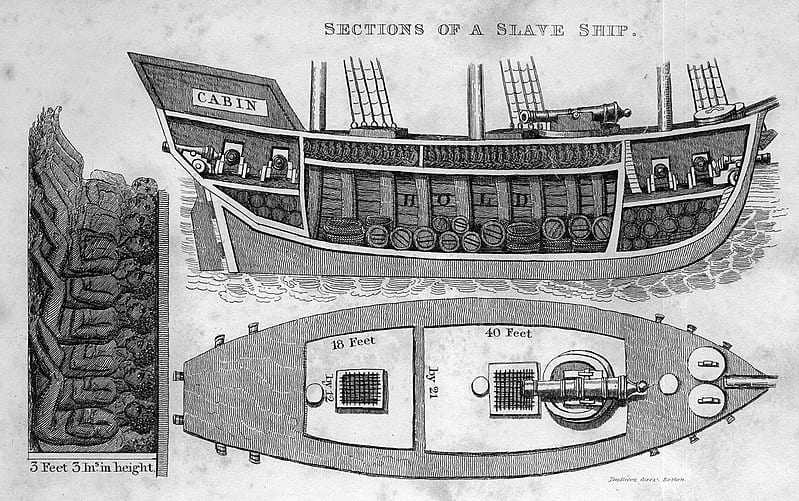






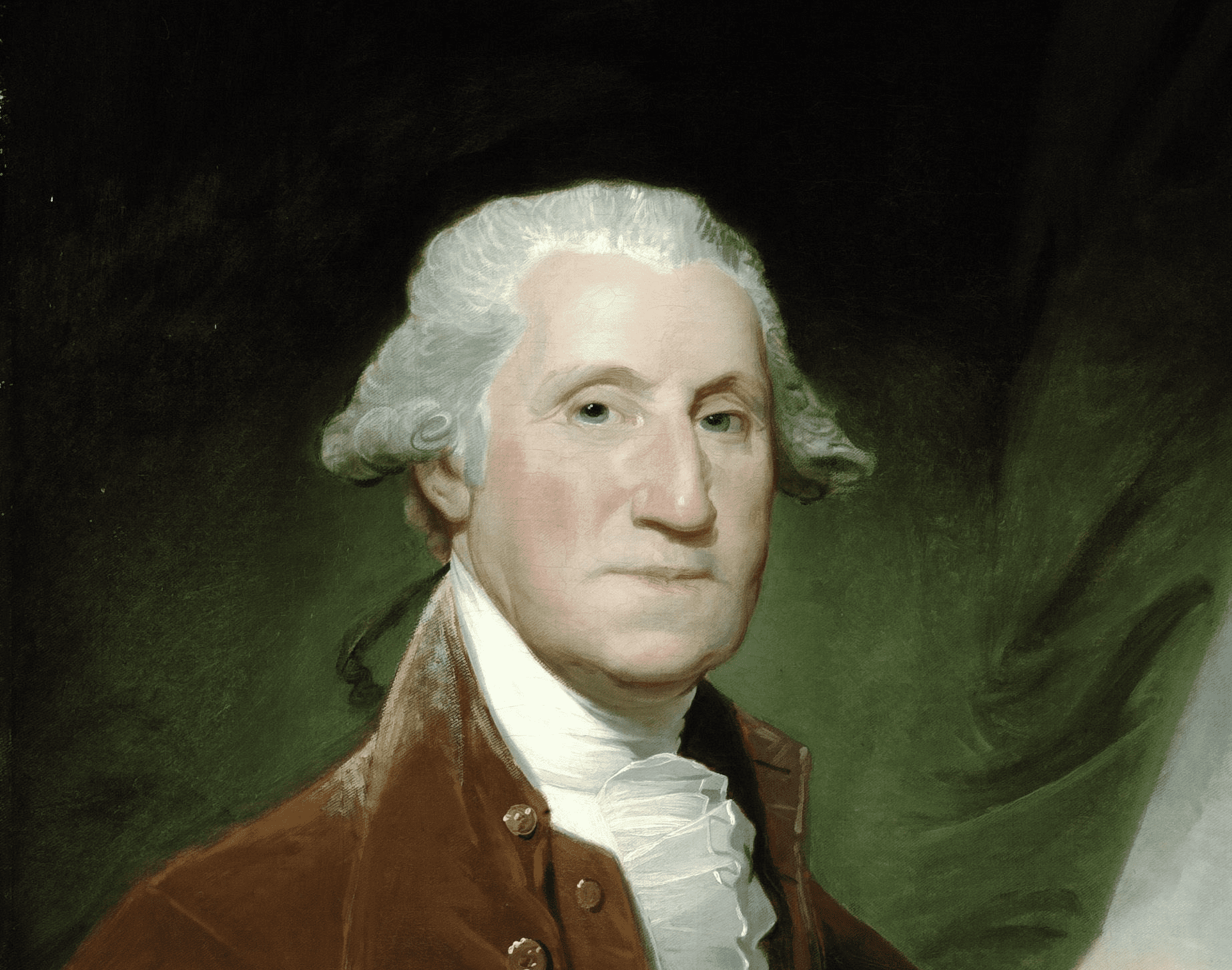















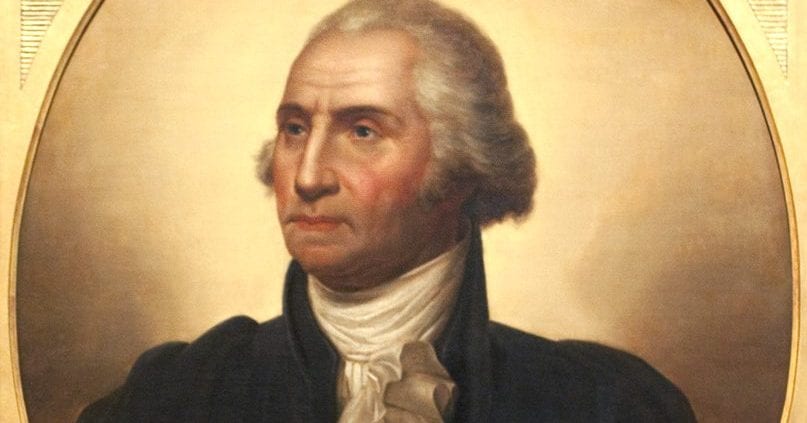
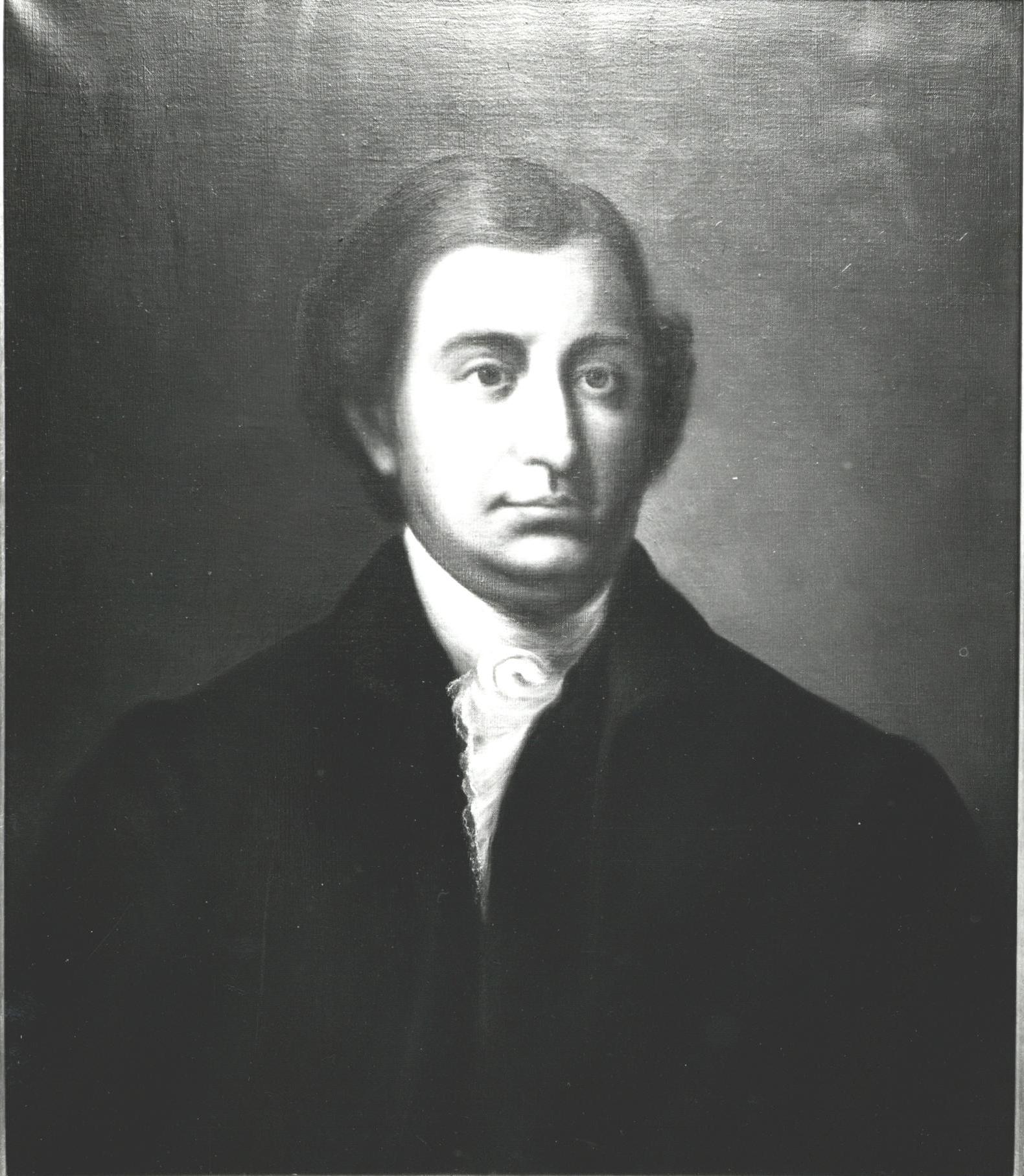
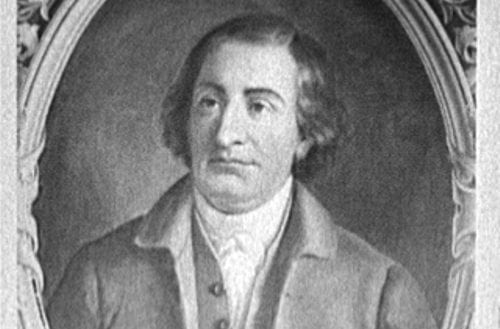
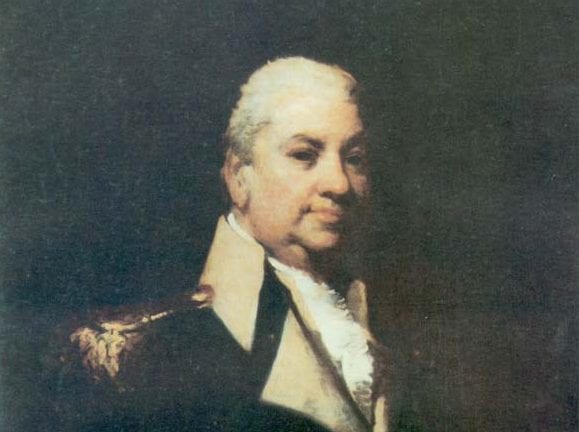




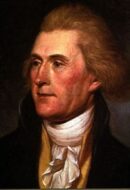













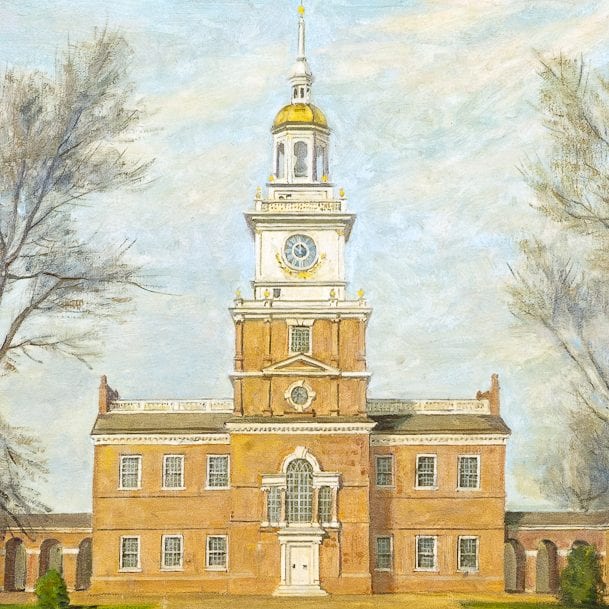

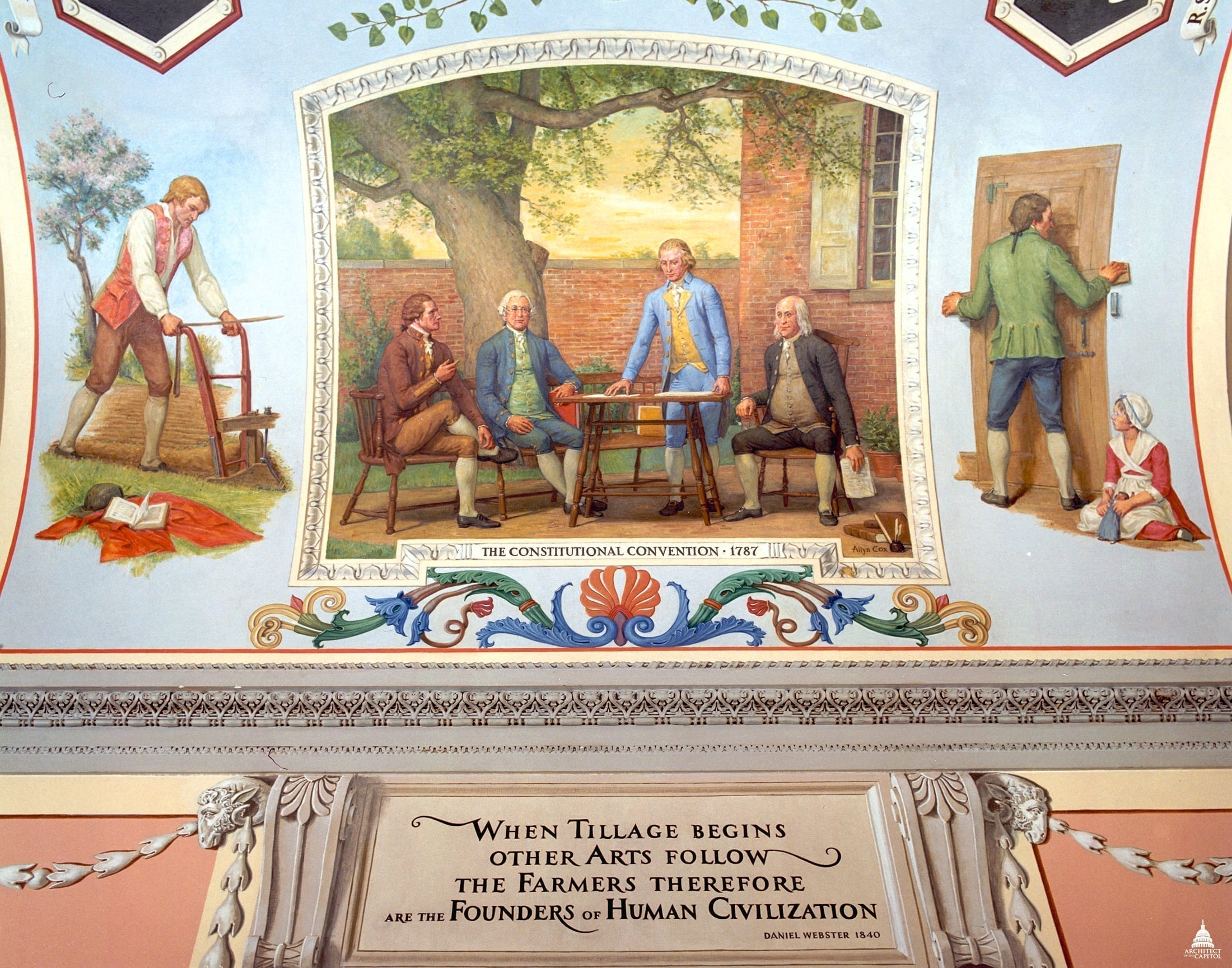

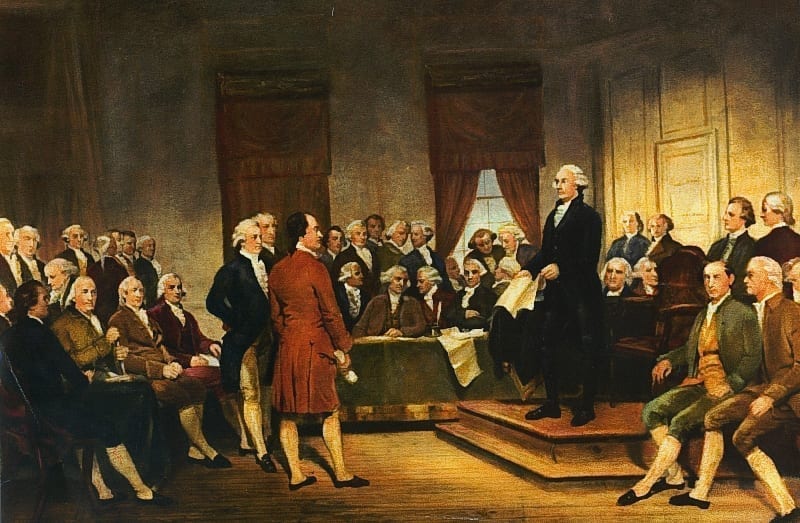


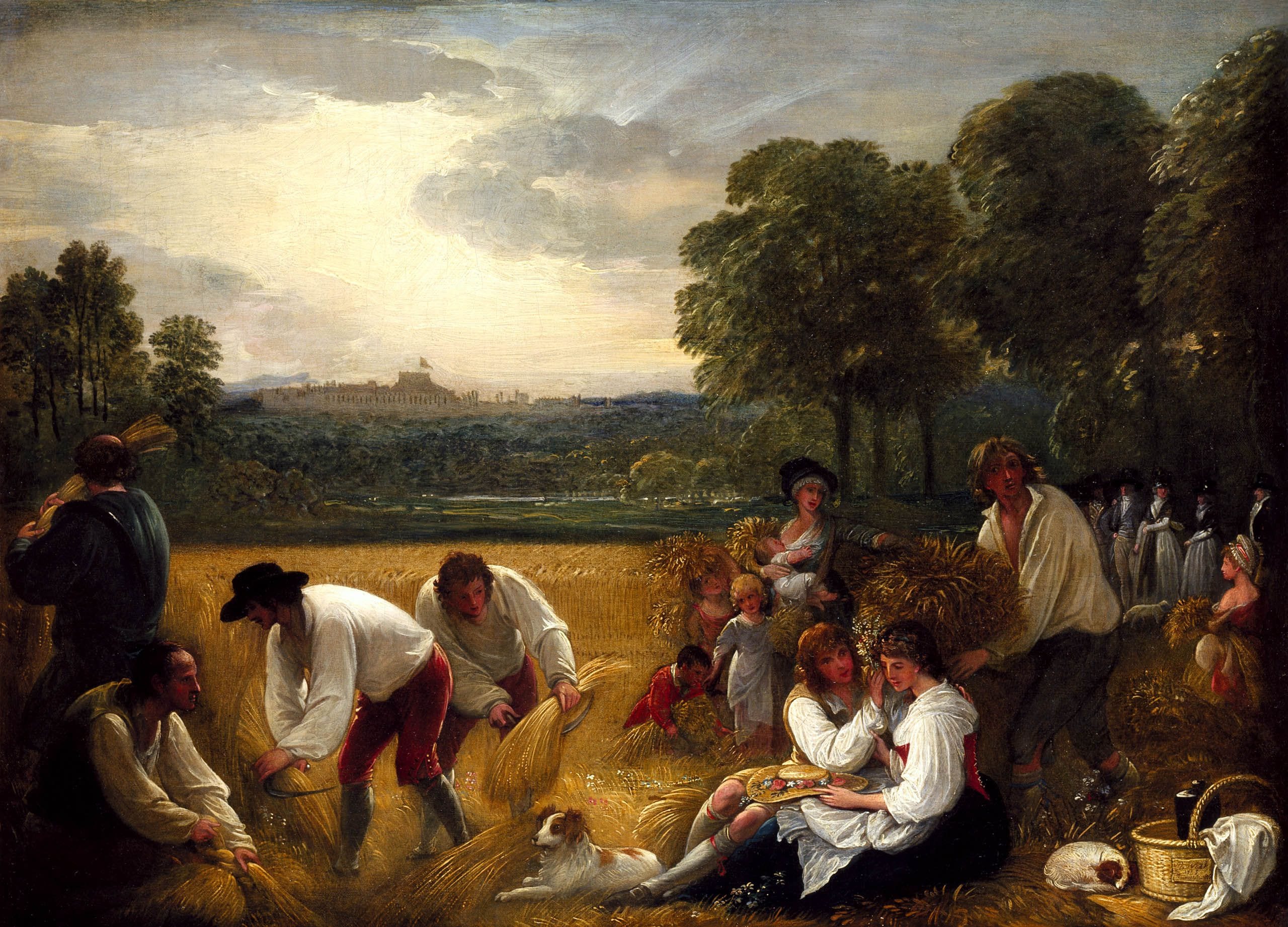


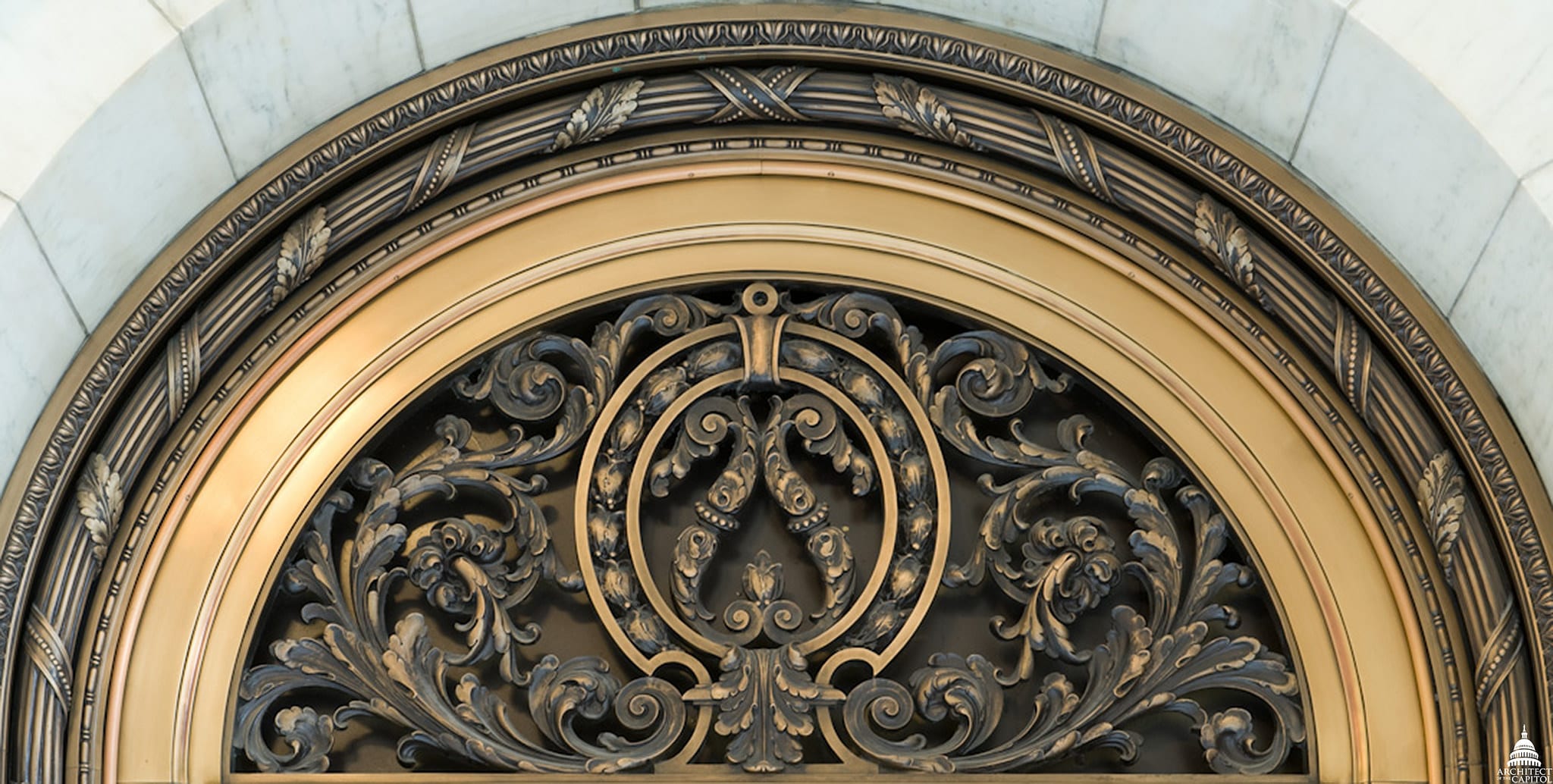













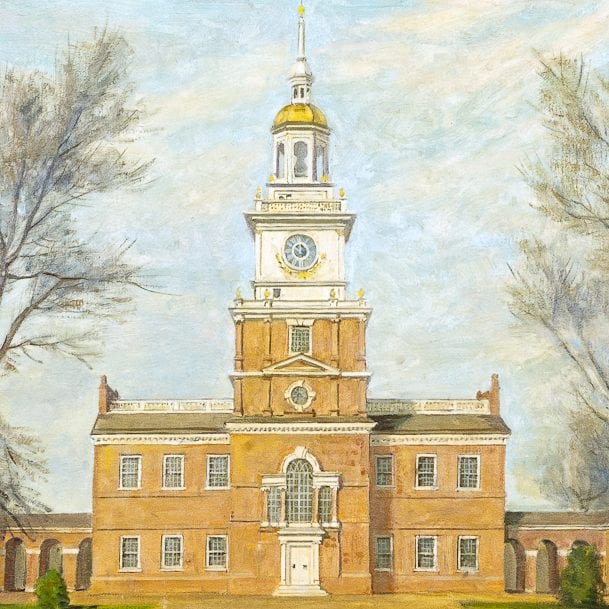
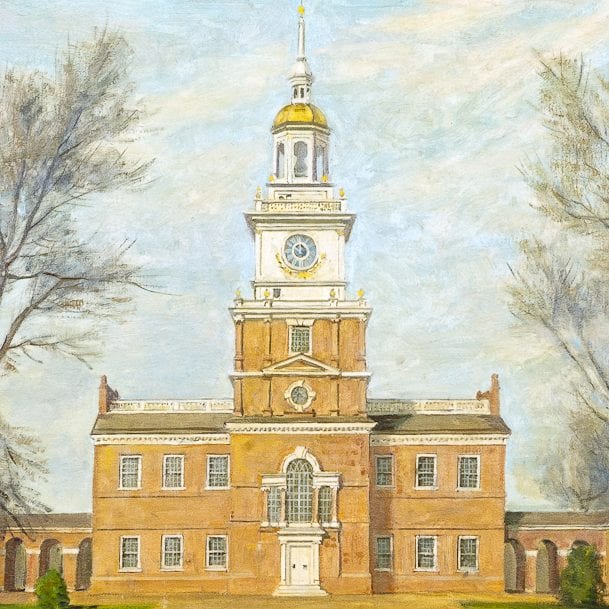






































































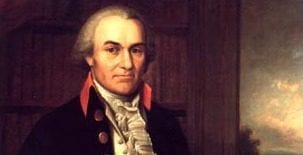



























![Finley, A. (1829) Pennsylvania. Philada. [Map] Retrieved from the Library of Congress, https://www.loc.gov/item/98688548/.](/content/uploads/2024/02/Map-of-PA--273x190.jpg)




















